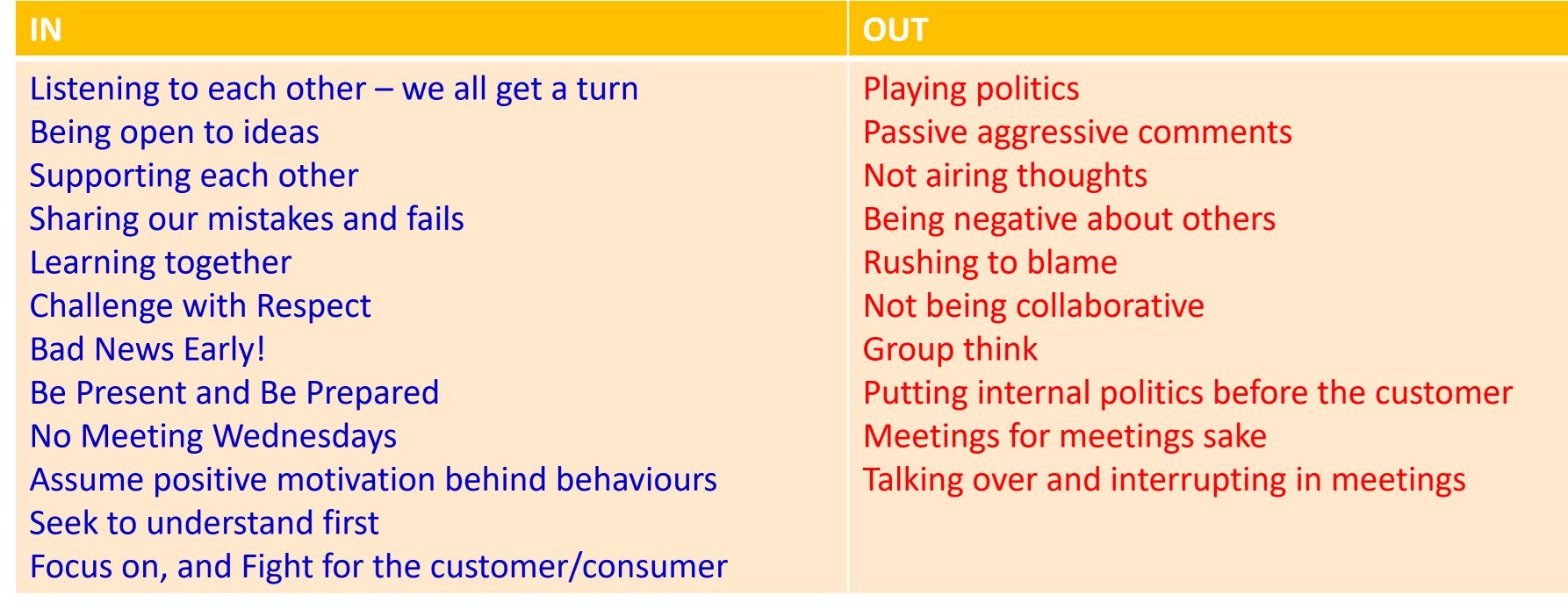10 Practical Leadership Tips Tailored to New Leaders
So, it’s your first leadership role or you have just taken on a new team.
It’s a daunting prospect, right? Becoming the person everyone is looking to for guidance, direction, and wisdom!
These tips are designed to focus specifically on the first few weeks and months as you form the team and set the tone for a positive high-performance culture.

I’ve been in the hot seat as a new leader a number of times, whether it was my first team leadership role, or moving to a new company as the new leader of a much larger team with an existing culture. I now work with leaders and teams as a coach helping to engender positive change and learning new things all the time.
What can you do to help get off to a positive start on your leadership journey?
There are so many things to think about and not least how to get the best out of the team, because you are now measured by what the team delivers and how they deliver it.
I have detailed 10 practical tips, and suggestions here to help you get off to a great start and to help reduce the stress!
Hope you find this interesting and most of all useful.
1. Get to know your team
It’s really good to get to know about your team as individuals as soon as possible in the process of building a relationship with them.
Speaking to them directly by scheduling a one-to-one meeting is highly recommended as soon as you can after your appointment. Do this with at least your direct reports, but preferably the whole team if practical.
It is not always practical to meet individually in a short space of time, particularly with a large team. You also, have to be aware of the different personality types in a team. Whilst some will open up easily to you, others may not be comfortable opening up to the new boss in meeting number 1.
So, why not develop a simple confidential questionnaire that asks key questions up front so that you can build a picture of who they are and where they are at? It will give you guidance on where to start and how to pitch your opening conversations and meetings with your team.
2. Ask the team what they need from you
One specific question is to ask the team is what they need from you as a leader.
This is a powerful question that recognises you are there to work with and for the team to create the best possible circumstances for the team to succeed.
In other words, making sure you don’t get in their way, even with the best intentions, and that you can add the most value possible to the shared endeavour and responsibility of delivering results.
Then you can exercise your judgment as a leader on what you hear and focus on those things that help you build a high performing team and meet your objectives.
3. Share Yourself
To help set the tone of an open culture with high levels of psychological safety it is important to share something of yourself and to open up to the team.
None of us are perfect, no one knows everything. The good thing is as a leader you don’t need to have all the answers. Opening up and showing some vulnerability will help people connect to you and will help them open up too.
Leading by example you can help build high levels of psychological safety, where people can share what they think, make suggestions, and give bad news early without fear of negative consequences to self-image, status, or career. Psychological safety is the secret to workplace success - The Reporter | UAB
4. Shared Purpose
Central to being a successful team is having a shared purpose, vision, and mission with shared goals that the team buys into.
The best way to ensure this happens is to develop and create this with the team. It’s great as a leader, to have a vision and to share it with the team, but it is another thing to impose it without a chance for the team to input, feedback and develop a shared vision.
Do this in a fun open way that works for you and the team.
5. Team Charter (Contract)
This is a great exercise to do early in the forming of the team and the establishment of you as the leader. It can be updated and refreshed as things evolve.
The charter is something created and agreed by all team members that defines the norms for team behaviour. It enables the team to align on what’s expected of each other and what’s not expected or acceptable!
Use a brainstorming and open session, facilitated by someone internally or an external coach, to help ensure everyone is heard and all opinions are captured as a team. And use a format that suits the team to capture and display your agreed contract.
Good team contracts support psychological safety and the development of a learning culture. All people in the team have something they can use to help them challenge inappropriate behaviour in a non-confrontational way. Just by saying “hey, that’s not how we all agreed we would behave.”
For example...

6. Focus on Strengths
Understanding the team and the team understanding each other, allows you as a leader to focus on using people’s strengths. This can help the team self-manage more effectively and can take the pressure of you as a leader. Playing to people’s strengths is also highly motivating for the individual and they tend to perform better.
Make sure you ask yourself if people are in the right job role, or if the role is defined properly to best play to their strengths. If not, are there changes you could make to use their strengths more effectively?
I have found underperformance is often because the person feels frustrated in their role due to lack of fit and / or a lack of real clarity on what’s expected of them and about why their role is important to the team and organisation. Making sure each team member has role clarity and is sure about what is expected of them helps them perform to their best.
7. Delegate, Empower and Support
The reason I have not just called this simply Delegate is because delegation without proper empowerment and support is simply passing on work and setting people up to fail. Delegation of tasks works best when people feel empowered.
Empowerment happens when they know exactly what is expected of them, have genuine ownership and the freedom to get on with it, and are supported with the resources, training and coaching necessary to do their job to the best of their ability.
Delegating effectively means getting out of the way and empowering people to manage themselves and their teams effectively and is a core part of leadership. It is a recognition that trying to control or closely manage a complex team is a futile and unproductive exercise. Decision-making: how leaders can get out of the way | McKinsey & Company
It frees your time up as a leader to support, mentor, champion, network and find the resources your team needs, as well as focus on the future.
8. Take Decisions
Decision making is a critical part of leadership. Ultimately you need to make the decision when the time for listening, and debate is over.
As Staya Nadella, the Microsoft CEO, comments, “listen more, talk less and be decisive when the time comes.” (219) Microsoft CEO Satya Nadella: How I Work | WSJ - YouTube
If you have listened well, taken in the debate, and thought through the issues you should then trust yourself to make the call. Great Leaders are Great Decision-Makers - A Peer-Reviewed Academic Articles | GBR (pepperdine.edu)
9. Champion the team
The team’s success is your success, your people are the most important resource so you should be supporting them, championing them to others and protecting them so that they can get on with their job.
You must not let the pressure just flow straight through to the team, its your job to absorb, process and filter the pressures and demands so that you can give clear understanding of the pressures and clear direction about what the team needs to achieve.
10. Challenge
One of the benefits of creating a positive, open, no blame culture using some of the things I have covered here, is that you and your team can challenge more. This is because you have created an environment where there is a framework to challenge and a support structure so people can stretch themselves and try new things.
So, challenge yourself, ask for feedback, and create a culture of challenge in a safe and supportive environment.
And one last thing…it’s as much about HOW you do things as a leader with your team as what you do…so have fun, involve the whole team, take time out to do things together, celebrate success and learn from failure or mistakes. More on this next time.
Oliver Wright Leadership Coaching works with leaders and teams to to facilitate personal growth, maximise potential and improve performance.






